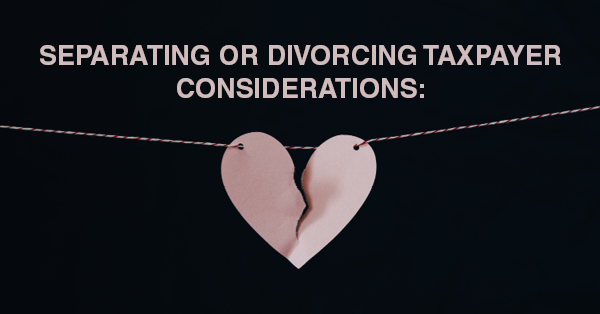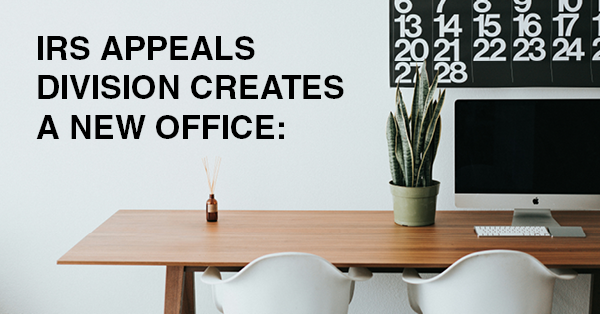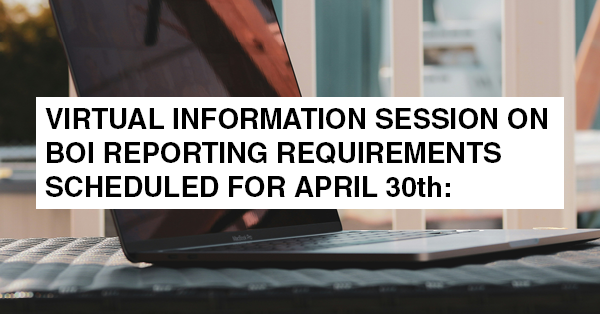SEPARATING OR DIVORCING TAXPAYER CONSIDERATIONS:

When couples separate or divorce, the change in their relationship status affects their tax situation. The IRS considers a couple married for tax filing purposes until they get a final decree of divorce or separate maintenance.
Update tax withholding
When a taxpayer divorces or separates, they usually need to update their proper tax withholding by filing with their employer a new Form W-4, Employee's Withholding Certificate. If they receive alimony (from a divorce decree prior to 2018), they may have to make estimated tax payments. Taxpayers can figure out if they’re withholding the correct amount with the Tax Withholding Estimator on IRS.gov.
Tax treatment of alimony and separate maintenance
- Amounts paid to a spouse or a former spouse under a divorce decree, a separate maintenance decree or a written separation agreement may be alimony or separate maintenance for federal tax purposes.
- Certain alimony or separate maintenance payments are deductible by the payer spouse, and the recipient spouse must include it in income if the divorce decree is prior to 2018. Under the Tax Cuts and Jobs Act, any alimony awarded after 2018 is not deductible for the person paying and is not considered income for the recipient. Any modification to an earlier divorce decree may contain language that the parties will comply with the current tax regulations.
Rules related to dependent children and support
Generally, the parent with custody of a child can claim that child on their tax return. If parents split custody fifty-fifty and are not filing a joint return, they will have to decide which parent claims the child. If the parents cannot agree, taxpayers should refer to the tie-breaker rules in Publication 504, Divorced or Separated Individuals. Child support payments are not deductible by the payer and are not taxable to the payee. The custodial parent can relinquish their exemption by providing Form 8332, Release/Revocation of Release of Claim to Exemption for Child by Custodial Parent, to the non-custodial parent.
Not all payments under a divorce or separation instrument – including a divorce decree, a separate maintenance decree or a written separation agreement – are alimony or separate maintenance. Alimony and separate maintenance do not include:
- Child support
- Noncash property settlements – whether in a lump-sum or installments
- Payments that are your spouse's part of community property income
- Payments to keep up the payer's property
- Use of the payer's property
- Voluntary payments
Child support is never deductible and is not considered income. Additionally, if a divorce or separation instrument provides for alimony and child support and the payer spouse pays less than the total required, the payments apply to child support first. Only the remaining amount is considered alimony.
Report property transfers, if needed
Usually, if a taxpayer transfers property to their spouse or former spouse because of a divorce, there’s no recognized gain or loss on the transfer. People may have to report the transaction on a gift tax return.




